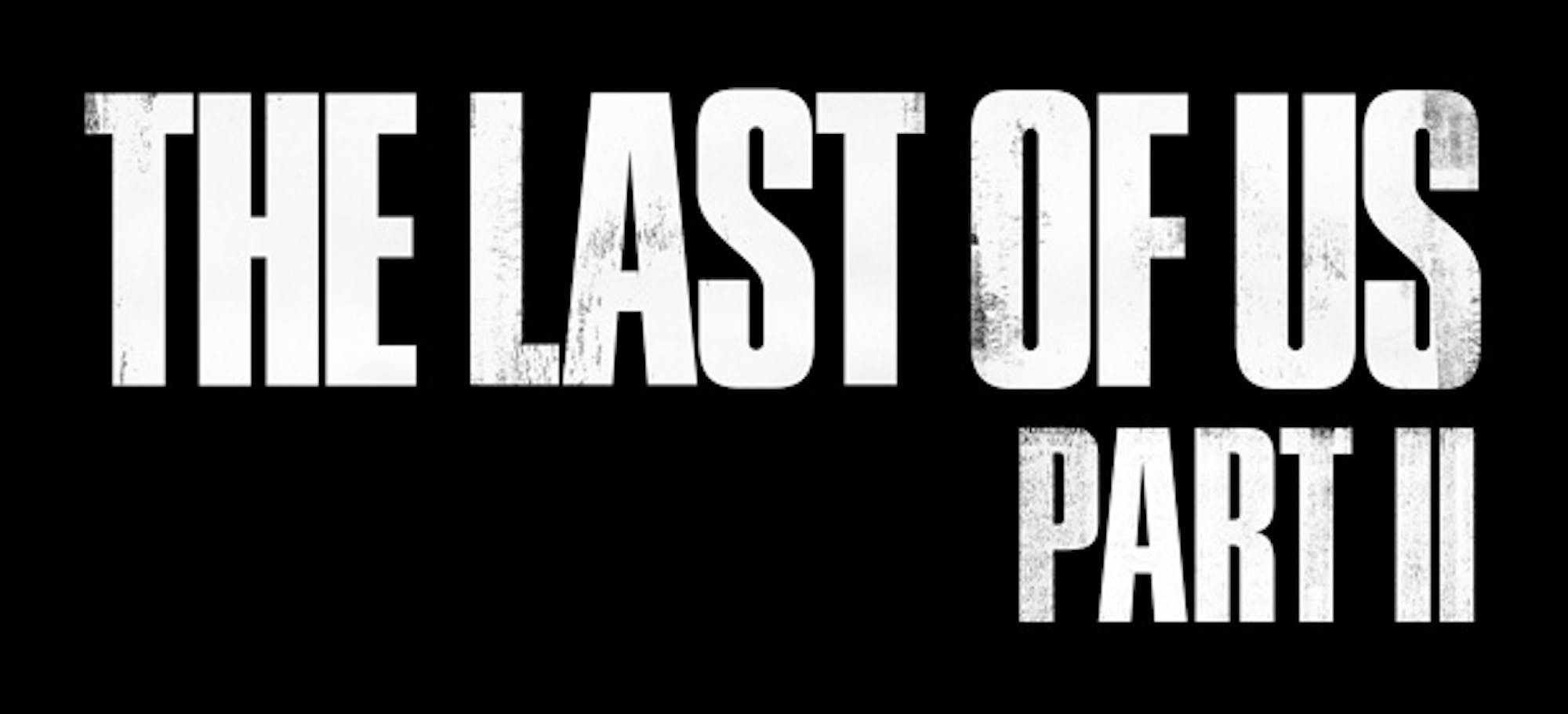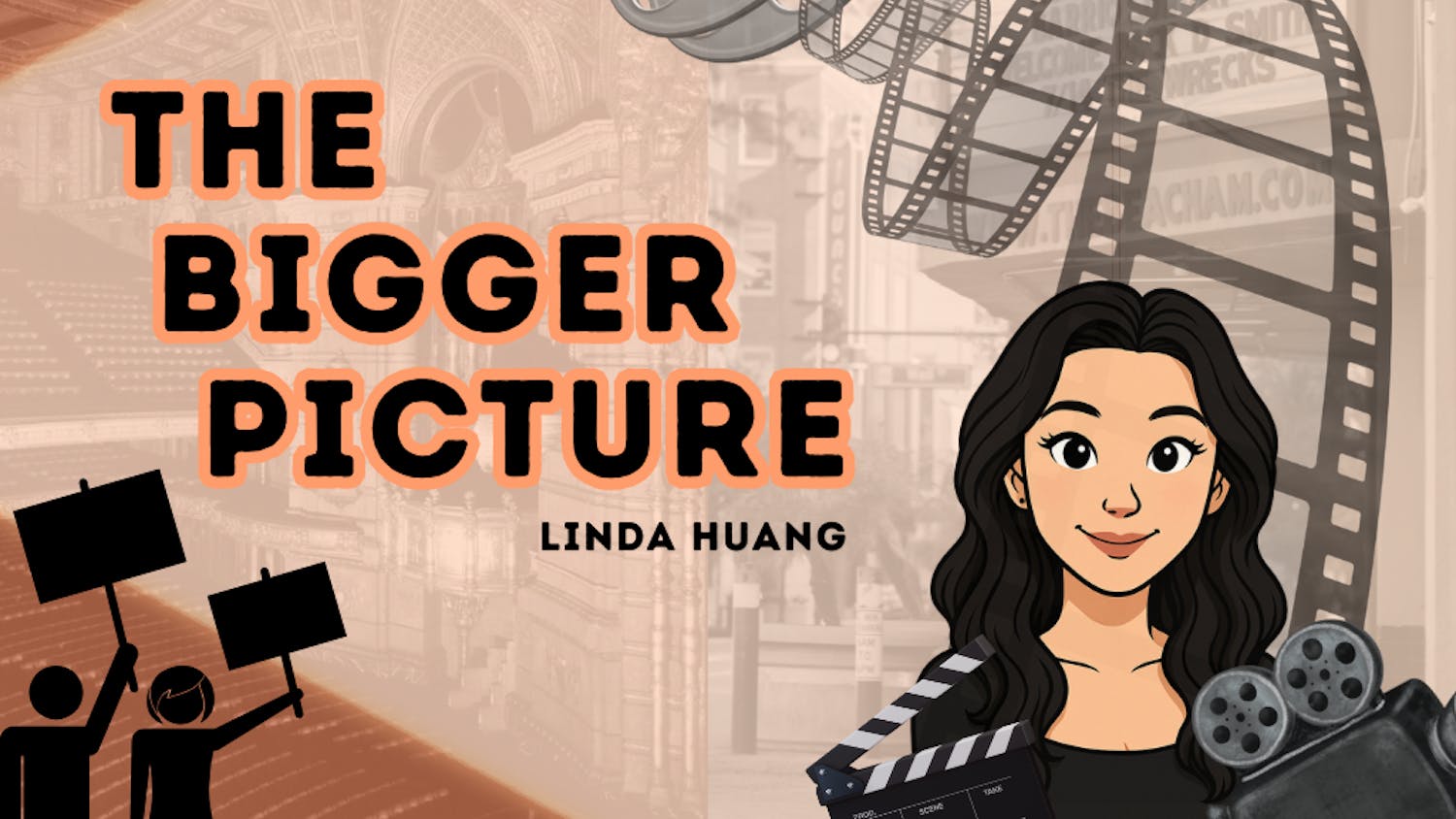It’s a record that most would celebrate, or at least not try to burn to the ground. As of Jan. 26, "The Last of Us Part II" (2020) has achievedmore awards than "The Witcher III: Wild Hunt" (2015), making it the most awarded game in history. With 261 of these honors to its name, as well as being thethird highest-grossing PlayStation game ever in the United States, someone unfamiliar with the gaming community might assume "The Last of Us Part II" is universally beloved.
Nothing could be further from the truth. The game is shrouded in a wave of hatred, controversy and bigotry to the point where even mentioning the game’s name can spark outrage. "The Last of Us Part II" is truly the "The Last Jedi" (2017) of video games — a beautiful yet flawed creation nearly ruined by harmful criticism.
That’s not to say there is no merit to any of the backlash. For one, the game wasconfirmed to be the product of a heavy crunch period. This kind of workplace abuse is absolutely worthy of the condemnation and abstention from purchasing that followed. Articles were publishedandcase studies were written, but most people made their peace with it. Then, the plot of the game wasleaked online. The result was a fury the likes of which I have never seen in a gaming fanbase.
The leaks revealed significant plot details that some fans felt betrayed the characters of the first game, which is seen by many asone of the greatest games of all time. These people have the right to feel betrayed and express it, and many did respectfully; however, many took to the game’sMetacritic page andsocial media to trash the game’s reputation andpersonally threatenthe developers. They kept this up for weeks, right up until and following the game’s actual release. Though not very different from the leaks (despite some plot elements that were proven false), the more vicious elements of the backlash soon came out to play.
The main character of the "The Last of Us Part II," Ellie, was known to be lesbian since the downloadable content for the original revealed she had a crush on her female best friend. However, it took her getting an actual girlfriend in the sequel to prompt homophobic reactions. Despite being the player's companion throughout much of the game, just her presence alone incitedhomophobia andmisogyny.
On top of this, we have Abby, the story's other main character who is new to the series. Her role prompted widespread controversy, leading todeath threats that targeted Laura Bailey, the actress playing Abby, and her young son. Abby happens to have a stereotypically masculine body type — which, of course, is outside of the hyper-sexualized norms for female characters — prompting transphobes to join the smorgasbord of criticism (despite hernot being trans).
All of these frustrations and threats built up to the 2020 Game Awards (the Oscars of gaming) where "The Last of Us Part II" swept the main categories, including Game of the Year. The result?More death threats and hate, with factions claiming that the Game Awards were rigged in "The Last of Us Part II's" favor.
I would love nothing more than to discuss this game, its flaws and its accomplishments, but it has become far too exhausting to do so. It’s ironic that a game about the destructive power of hate and the need to turn the other cheek has provoked so much disgust and vitriol. So, congratulations to "The Last of Us Part II" and congratulations to all at Naughty Dog, its developer, who worked so hard on it. While I think history will be kind to you when all is said and done, it’s going to be quite a long and insult-filled time before that happens.






